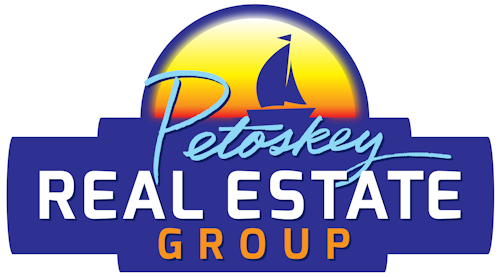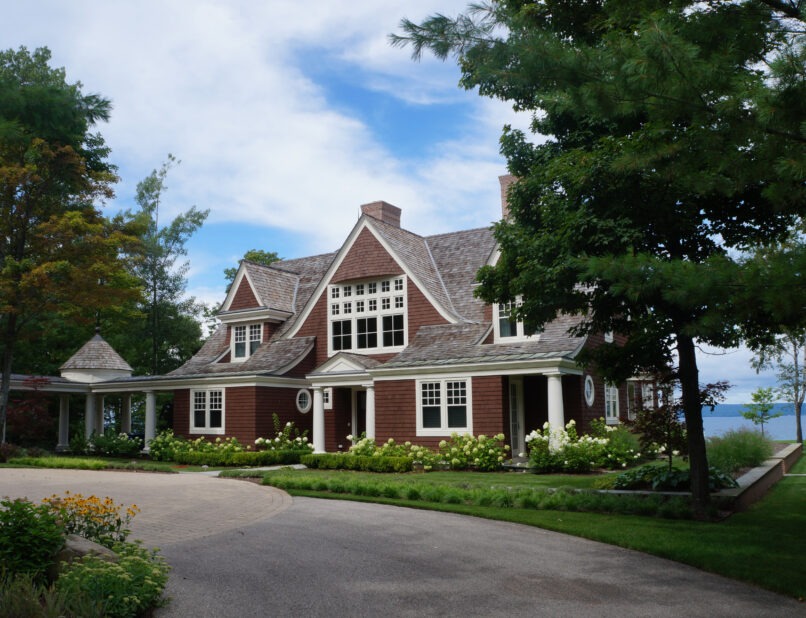Residential real estate may contain either a single family or multifamily structure that is available for occupation or for non-business purposes. Residences can be classified by and how they are connected to neighboring residences and land. Different types of housing tenure can be used for the same physical type. For example, connected residences might be owned by a single entity and leased out, or owned separately with an agreement covering the relationship between units and common areas and concerns. Residential real estate includes both new construction and resale homes. The most common category is single-family homes. There are also condominiums, co-ops, townhouses, duplexes, triple-deckers, quadplexes, high-value homes, multi-generational and vacation homes.
Real estate is the land plus any buildings and resources on that land. Real estate may be used for commercial purposes, like operating a store or an office, or for industrial purposes, like operating a mine or a factory. The most common type of real estate, however, is residential real estate, which is used for housing.
Residential areas encompass a large variety of potential dwellings, from houses to houseboats, and from neighborhoods types ranging from the poorest slum to the wealthiest suburban subdivision. Many of these are not specifically real estate, which is a legal definition describing a state of ownership: residential real estate emerges when land sanctioned for residential use is purchased by someone, which becomes real property. Residential real estate is often the most important financial investment a person owns, and the value of real property on the estate is subject to shifts in the real estate market. Some people purchase real estate in the hope of making money, either by selling it at a profit or leasing it to others and charging them rent. But most people simply live on their property. First-time buyers of residential real estate frequently finance their purchase with a mortgage, a loan issued by a bank for the sole purpose of buying a home. The more the home is paid off, the more equity it gains.

